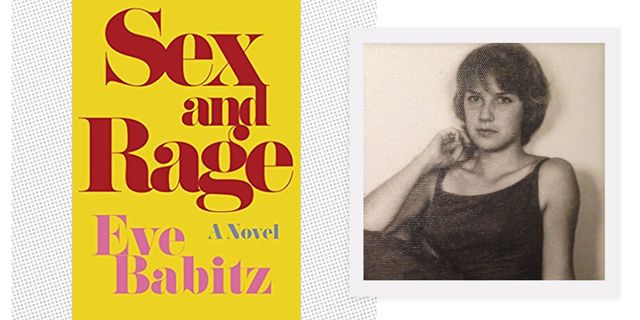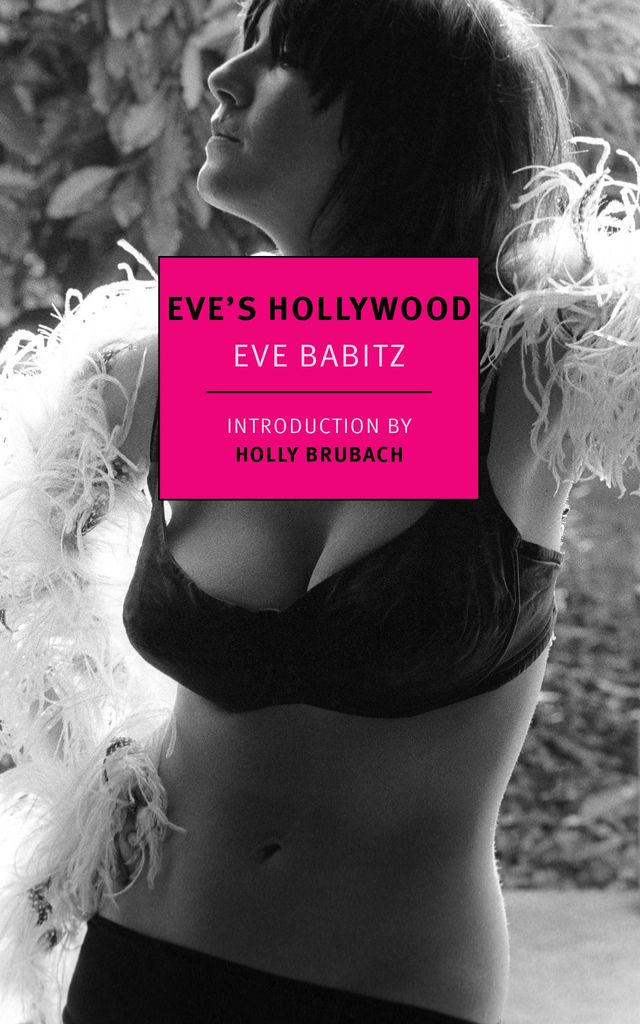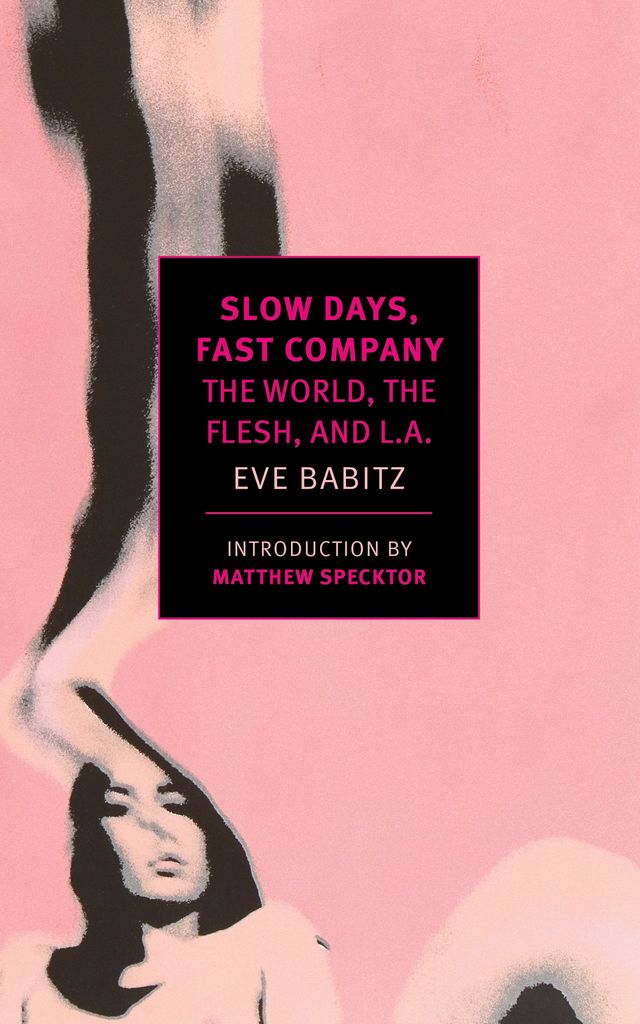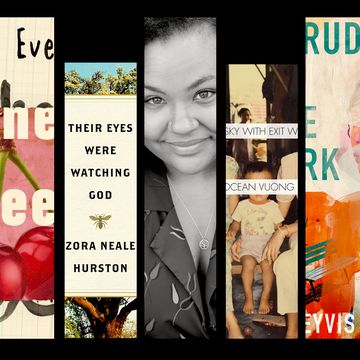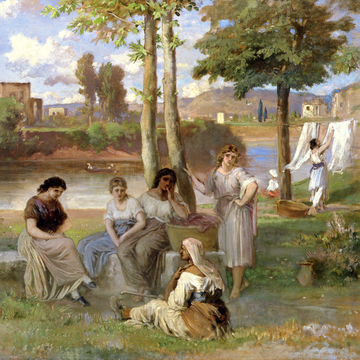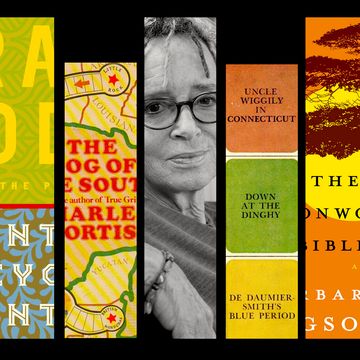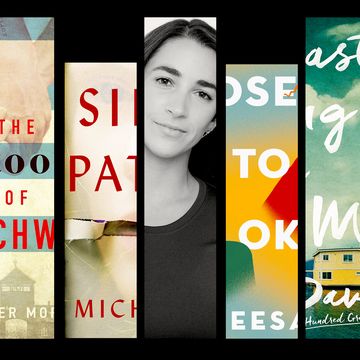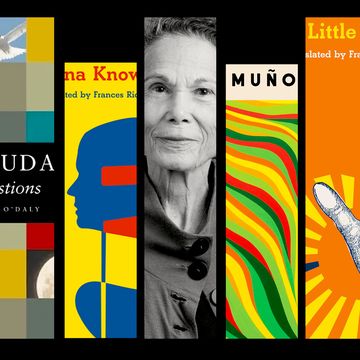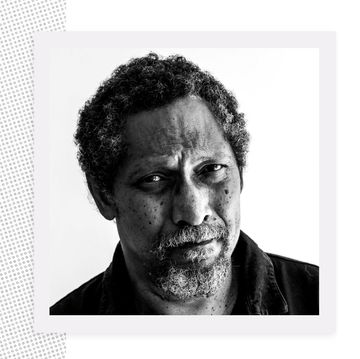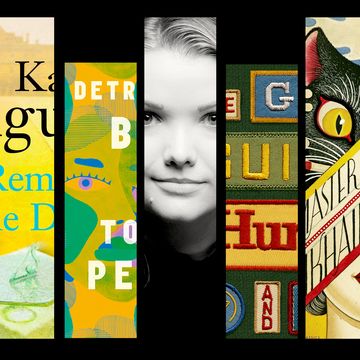Go to the party. Make celebrities your friends and lovers (Jim Morrison, Steve Martin, and Harrison Ford are fine for a start). Get a song written about you, if you can. Never order fewer than eight taquitos. Playing chess with Marcel Duchamp? Get naked—and have the occasion memorialized in a photograph for good measure. (She was 20, he was 76.)
Writer Eve Babitz's example is pretty straightforward: Between a bad time and a good time? You'd better hit it straight out of the park.
Babitz chronicled boozy, druggy, hedonistic '60s and '70s California in most of her seven books, including the recently reissued essay collections Slow Days, Fast Company and Eve's Hollywood (NYRB Classics). The liveliness of her portraits and plates-in-the-air precariousness of her storytelling reach through the decades to entertain a completely new audience. Now, Counterpoint Press has resurrected the deliciously titled 1979 bildungsroman Sex and Rage. (Who would have thought that pairing would still be so sharply resonant?) Babitz may be something of a recluse now—after a 1997 accident left her with third-degree burns, she stopped writing, and has declined almost all interview requests since—but the fact that her work has only recently resurfaced is still something of a literary crime.
It's hard not to come away from one of her books feeling like you've lived your life in a totally underwhelming way. Whether you prefer the fizz of champagne or the froth of ocean waves, there's no better model for maximalist enthusiasm and appreciative observation than this author—whom we won't be forgetting again in a hurry. Here is a guide to living life the Babitz way.
Lean into the romance of everything.
In Sex and Rage, the protagonist, Jacaranda Leven, is a water baby and surfing addict; she "grew up at the edge of the ocean and knew it was paradise, and better than Eden, which was only a garden." What could be better? Well, later, she gains entry to Hollywood aristocracy with the approval of socialite Max, a kind of Gatsby figure whose parties and company entrap people in a kind of glorious snare. For Jacaranda, everything glitters and entices; and, just like her character, Babitz herself can make the most quotidian experiences seem like pure bliss. Just try to read her tribute to the humble taquito without immediately needing to eat several yourself—and feeling like that particular dish is forever tied in your mind to the heat and magic of Los Angeles.
Admire beauty in other women.
"When they reach the age of 15 and their beauty arrives," she wrote of high-school students in Eve's Hollywood, "it's very exciting—like coming into an inheritance and, as with inheritances, it's fun to be around when they first come into the money and watch how they spend it and on what." Babitz often gets starry-eyed, but her admiration is at its richest and most generous when she turns her attention to other women. She pays attention like a gossip blogger but adores like a little sister.
Throughout her work, Babitz refers to herself as being too fat, a preoccupation that emphasizes just how important physical appearance is to her and the people around her ("All my life I've wondered what it must be like to look right in a Dior"). But she never holds beauty against other women; on the contrary, she describes it with a winking, passionate wit that's better than a camera. Cling to the hope that someone will one day describe you as looking "like Venus rising out of the sea, but […] less stupid looking."
Go wherever people take you.
It's difficult to imagine someone who's a little famous receiving an invitation from a fan to his family's grape farm and thinking, "Oh, what the hell." But, of course, that's what Babitz did, and the result is one of her most surprisingly compelling pieces, "Bakersfield." Then there's the time she went along to a baseball game, which began as an ordeal starring a "terrible lady" singing the national anthem poorly, and ended with Babitz delightedly crying, "We won!" Even a botched, insufferable weekend trip with friends ends up as a memorable comedy of errors in her hands: "I thought that of all the days in my life that were rotten, this one in Palm Springs was probably going to be the worst. In a frivolous kind of way, of course."
And, above all, love L.A.
If you're not a spiritual convert to the virtues of Los Angeles by the time you've finished a Babitz book, you haven't really been reading it at all. From having let Bobby Beausoleil stay with her (before he became an infamous member of the Manson family) to the city's "huge shafts of pure yellow sunlight" and the charms of the neighborhood chicken who craves her affection, the ultimate effect of this Angeleno's writing is to cast her beloved, glamorous town in the main role. And what a performance it is.
